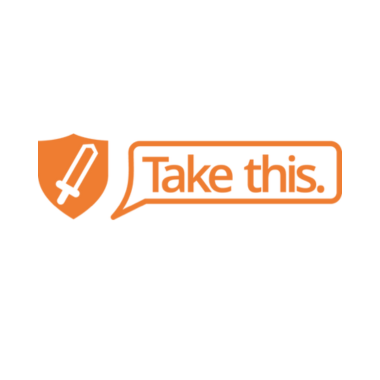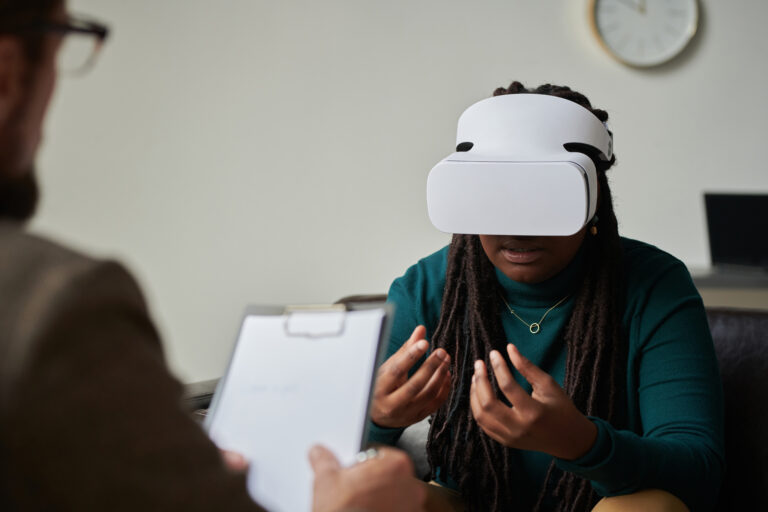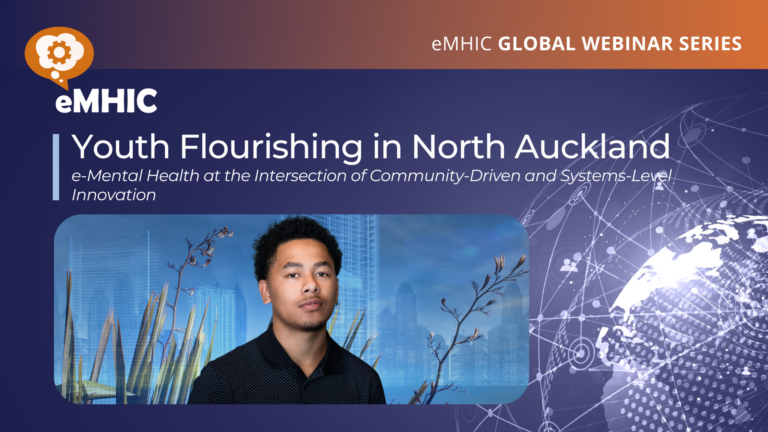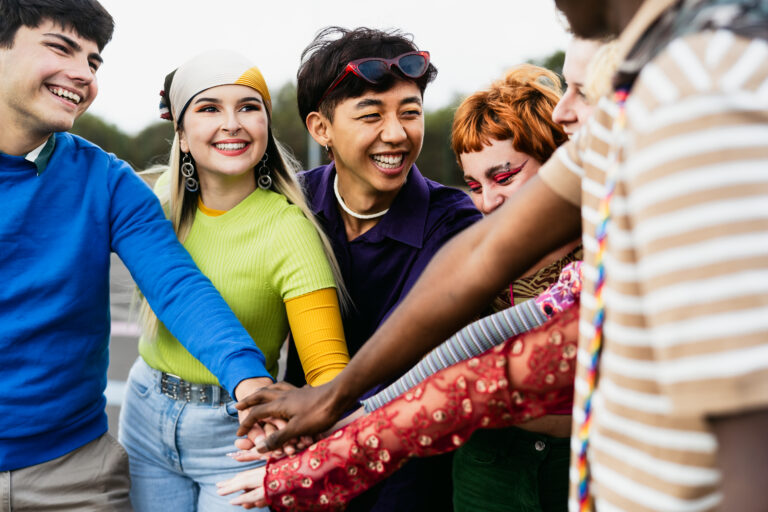Take This is a mental health advocacy organization with a focus on the video game industry and community – the first and oldest, in fact! The work of nonprofit organizations is about changing the world – making it better – and that impetus usually comes from something personal – something that really hits close to home. In the case of Take This, it was the suicide of game journalist Matt Hughes on October 30, 2012, which rocked his professional community, just as it rocked his friends and family.
Fostering Wellbeing in Gaming
As our founding clinical director, Dr. Mark Kline, noted, the founders realized that this was the moment to really focus on changing the narrative about gamers, gaming, and mental health. Take This, he notes, “was founded by concerned professionals who knew firsthand about the impact of mental disorder on the gaming community and was specifically inspired by the devastating suicide of game journalist Matt Hughes.”
And so Dr. Mark began speaking to packed crowds at PAX East and the Escapist Expo, introducing the idea of mental health to a receptive audience. Over time, we realized that we could think bigger than responding reactively to the needs of the community. So, in an effort to address the source of mental health challenges in games, we started collaborating with studios and leadership organizations in games which lead to the development of our training and consulting program for studios, and the launch of training and consulting program for studios, and the launch of our streaming ambassador program to spread accurate and ethical mental health information.
At the heart of our approach is the understanding – backed both by research and our work with dozens of game studios and companies – that the culture, climate, and makeup of the people making games has an outsize impact on the mental wellbeing, resilience, and safety of the end user. Who is in the room, and how they feel while being there, matters.
Addressing Challenges: Resources and Support
One area where this plays out most visibly is in the culture of toxic, harassing, and ideologically extreme behavior in online game spaces. Fortunately, we are starting to see game studios make the connection between the people in the room, making decisions about game content, mechanics, and marketing and the resulting harassment. With this shift to more diversity, and with the newfound sense of responsibility that game makers have towards their employees, we see the seeds of a sustainable and substantive change in both the expectations and incidence of harassment of people who make games – and also of other players. A more diverse group of people making games that work well for a more diverse player base is the first step towards a more inclusive and less hateful environment.
In order to address these challenges, we provide resources, training, and support to individuals and companies that help the gaming community improve its mental well-being and resilience. The organization addresses the underlying conditions that can create and perpetuate mental health challenges: stigma, harmful studio culture, harassment and toxicity, lack of diversity and accessibility, and problematic game and community design.
When COVID hit, it became clear that mental health needs weren’t so much a secret but an open need. Demand for our workshop program and speaking availability at conferences exploded. The expanded workshop program allowed us to expand our team to include more professionals, including research psychologists and other experts in the field. We also began to form partnerships that build our ability to address systemic issues in games, and take advantage of the expertise of great collaborators – especially the Raising Good Gamers co-founders Games for Change and the Connected Learning Labs at UC-Irvine and Feminist Frequency.
Now, 10 years after our founding, we’re taking the lessons we’ve learned in addressing mental health matters systemically, and with our new capacity and expertise, recommitted to providing updated, high-quality, free, educational, mental health resources to the community. In this work, the foundation is the principle that hope is healing in the journey to mental wellness. We normalize mental health challenges and recognize and honor intersectional experiences; approach change and mental wellness broadly, from empowering individuals to enacting systemic change focused on leadership and cultural norms and practices; foster healthy, inclusive community by focusing on collaboration and partnership; and take an evidence-based approach to our mental health content and programming.
Impact and Milestones
Some of our milestones in the first ten years include:
- Take This was the first to crystallize the effects of working conditions and “crunch culture” in a way that demonstrated not only how they influence game industry workers, but also the games they make in a pair of white papers published in 2016 and 2019.
- We have helped shift office culture and create welcoming communities through its workshop and training program with over 40 gaming studios and companies including big names like EA, Hyper Hippo, Iron Galaxy, Wizards of the Coast, Facebook, and more.
- We provide ongoing support and up-to-date resources for the industry in response to international concerns that can be overwhelming to businesses and individuals.
- The non-profit experienced an accelerated demand for these services due to increased awareness of the relationship between work and mental health driven by COVID-19. Take This advised multiple companies on how to best care for their teams throughout the pandemic, including recommendations on how to manage the shift to working from home and more recently, back in the office.
- Take This has also advised the industry on responses for #MeToo, trans rights, BLM, online extremism, women’s reproductive rights and more.
- Take This launched the AFK Room program in 2014 to provide a place for convention attendees to relax and recharge. AFK Rooms have serviced over 13,000 individuals across 42 rooms at in-person and online events.
- Our online resources have expanded to include comprehensive resources about burnout, Identity and Gaming Panel Series focusing on the lived experiences of gamers who are frequently tokenized and homogenized through processes of underrepresentation, articles addressing the latest science around mental health and playing games, and a host of original research.
- We recognize video games that do an exceptional job of improving mental health representation or address mental health themes in responsible, effective ways through our semiannual Dr. Mark Award.
Looking Ahead: Future Focus and Goals
As Take This moves into our second decade, it is natural to think about both the past and the future. People and community are at the heart of how we started, and they will remain the heart of where we go: game makers, game players, and their families and friends.
We are also fortunate to have grown enough to be able to focus our efforts both on individuals and the systems in which they exist and which impact their ability to maintain mental wellbeing. This means continuing to build free resources for the community, expand our studio-based workshops and trainings, and conduct original research as to how various systems impact the people in our community. We want to better understand how toxic environments are created and how to fix them, how burnout robs us of our most creative minds, and how we create more psychologically safe workplaces. We want to make sure players see nuanced representations of mental health in games, that players are armed with the tools and information they need to engage in gaming spaces safely.
Beyond that, we want to help those experiencing the greatest challenges in accessing appropriate mental health care and support – people from marginalized communities, and those without the financial means to access help. While a lot of progress has been made in the last decade, there is still a long way to go, and we feel privileged and honored to continue our mission to make our gaming communities better for everyone.
If you’d like to learn more about Take This, please check out our website, where you can sign up for our newsletter, join our Discord community, read our original research, and learn more about games and mental health!





